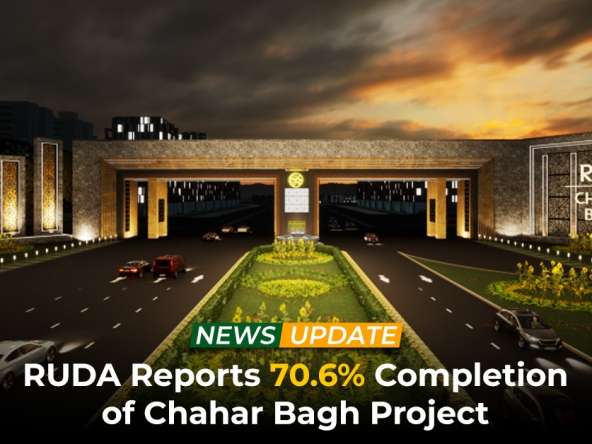Islamabad: The Federal Board of Revenue (FBR) has announced plans to increase the assessed value of immovable properties in major urban cities from 75% to 90% of the market rate. This adjustment, aimed at aligning property valuations more closely with market rates, will be formalized through an official government notification expected to be issued in July 2024. The new valuation rates are part of FBR’s broader efforts to ensure fair property taxation and enhance revenue collection.
In addition to revising property valuation rates, the FBR is set to introduce a new simplified tax scheme for retailers. This scheme will replace the unsuccessful voluntary Tajir Dost Scheme and aims to streamline tax processes for the retail sector, thereby improving compliance and making tax filing more accessible for small businesses.
Senator Faisal Vawda, speaking to reporters after a Senate panel meeting, confirmed that the federal budget for the upcoming year will be passed despite any challenges. He emphasized that the approval of the budget is imperative and will proceed as planned. The FBR’s Member Inland Revenue (IR) Operations, Mir Badshah Wazir, emphasized that the ratification of the 2024–25 budget will precede the modification of property valuation rates, reaffirming the FBR’s commitment to revising property assessments.
The Senate panel has also recommended the abolition of the 10% GST on newsprint, aiming to reduce costs for the print media industry. This recommendation is part of a broader strategy to support the media sector and ensure the sustainability of print journalism in Pakistan.
The FBR reported efforts to expand the tax base, successfully adding 1.5 million new tax filers in the previous fiscal year. Senator Anusha Rahman, however, countered that the totality of tax filers will not be increasing dramatically in the absence of more harsh steps and proposed the imprisonment of non-filers as a potential remedy. The total number of tax filers stands at approximately 4.5 million, but concerns were raised by Senators Farooq Naek and others regarding the prevalence of “nil-filers”—those who file taxes but report no taxable income. FBR officials admitted that over 30% of filers could be “zero-filers” but did not provide exact figures.
In addition, the FBR revealed that tax agents had arrested 70–80 people after discovering an alleged Rs 756 billion in tax evasion through fictitious or flying invoices. The steel sector was identified as a major contributor to these fraudulent activities, with scrap steel-related schemes causing estimated annual losses of Rs 60-70 billion to the national treasury. Chairman of the Senate Standing Committee on Finance, Saleem Mandviwala, criticized the FBR’s efforts to incorporate undocumented sectors into the tax net, stating that despite claims over the past 12 years, no substantial progress has been made.



